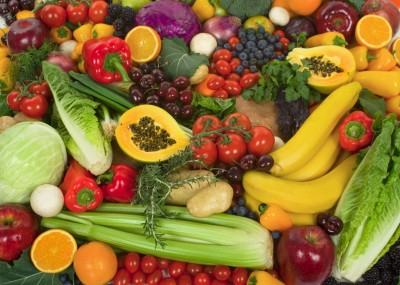Breakfast Cereals Not So Healthy After All

Supermarkets have reported a decrease in sales of popular sugar-coated cereals and a boost in sales of ‘healthy’ alternatives, such as muesli and granola.
Popular cereals such as sugar-coated corn flakes and chocolate rice pops have become less popular in recent years, as people look for healthier alternatives, but with so much choice, how are you supposed to decide which option to put in your trolley?
If you’ve taken the time to peruse the cereal aisle you will be familiar with the array of choices when it comes to muesli and granola products, from nutty mixtures to seeds and chocolate to dried fruit.
HEARTUK’s nutritionist Linda Main surveyed some of the best-selling muesli products and found that the cereals, which are branded and marketed as healthy alternatives to sugary cereals, are often laden with sugar and packed with calories.
One hundred grams of Dorset Cereals Dark Chocolate and Macadamia Nut Granola contains 22.5g of sugar, while Kellogg’s Country Store cereal contains 24 grams of sugar per 100g serving and Eat Natural Gluten-Free Toasted Muesli contains a whopping 36.5 grams of sugar, just 0.5g less than Kellogg’s Frosties.
Many varieties of muesli are healthy; nuts and seeds contains vitamins, minerals and essential oils and oats are a good source of protein and complex carbohydrate; however, it is worth checking the labels to see how much sugar is packed into your morning bowl of cereal; sugary foods are linked to an increased risk of diabetes, obesity and dental problems.
Join this Discussion










